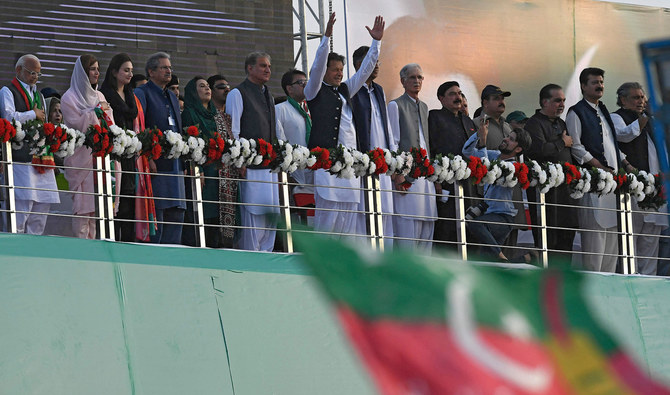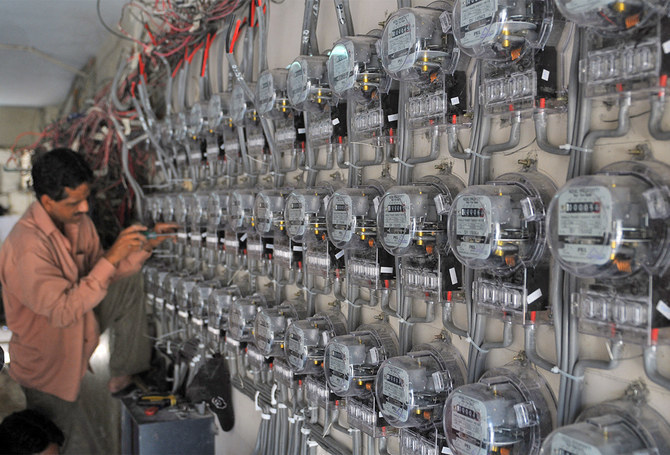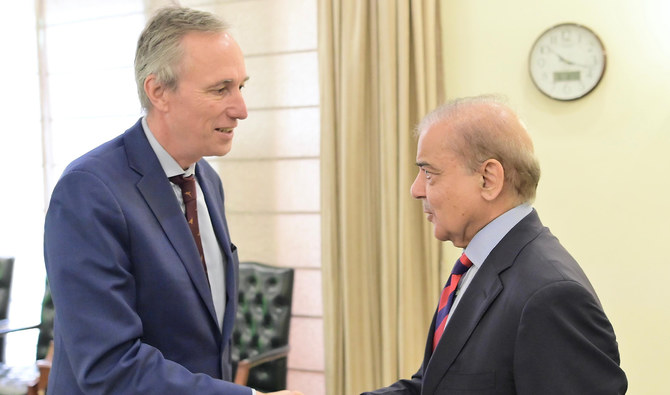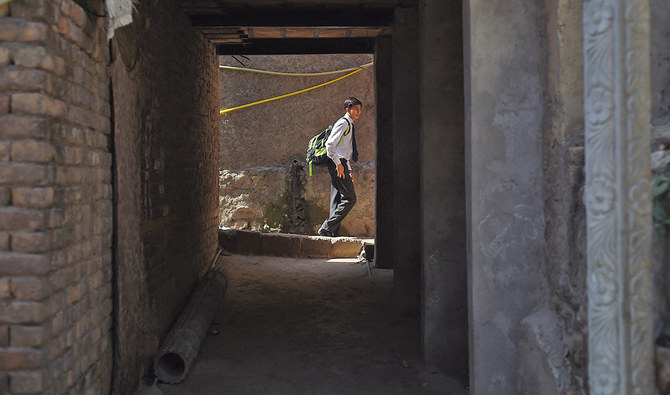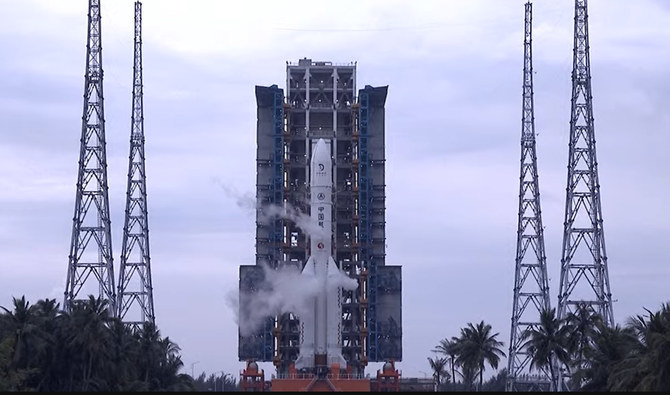ISLAMABAD: Prime Minister Imran Khan on Sunday said some foreign elements were involved in efforts to topple his government and claimed to have written evidence of it, ahead of a no-trust vote against him in parliament.
PM Khan made the remarks at a public gathering in Islamabad where people had come from across the country. The prime minister has addressed several public gatherings in recent weeks after the opposition moved a no-confidence motion against him in the parliament on March 8. The opposition alliance has accused the prime minister of mismanaging the economy, poor governance and failures on the foreign policy front.
Ahead of the no-trust vote in the parliament that is expected to take place next week, the prime minister invited supporters to Islamabad in a show of his popularity. During a 100-minute speech, the prime minister not only defended his government’s foreign policy, but also counted "achievements" with regard to the country’s economy and improving lives of the people.
“Attempts are being made through foreign funds to change the government in Pakistan,” the prime minister said at the rally.
“We have been threatened in writing, but we won’t compromise on national interests,” he said, while flashing a letter before the charged crowd.
The rally’s venue, the Parade Ground in Islamabad, was packed, while hundreds were stuck out on the roads due to a large number of vehicles heading to the venue.
“Our people” were being used, mostly inadvertently, to oust the government, PM Khan said, explaining the alleged conspiracy against his government.
“Attempts are being made to influence our foreign policy from abroad. We have been aware of this conspiracy for months,” he said.
“We also know about those who have assembled these people [the opposition alliance] but the times have changed. This is the era of social media. Nothing can be hidden,” the prime minister said.
“We will not accept anyone’s dictation. We will have friendships with everyone but we will not submit ourselves to anyone.”
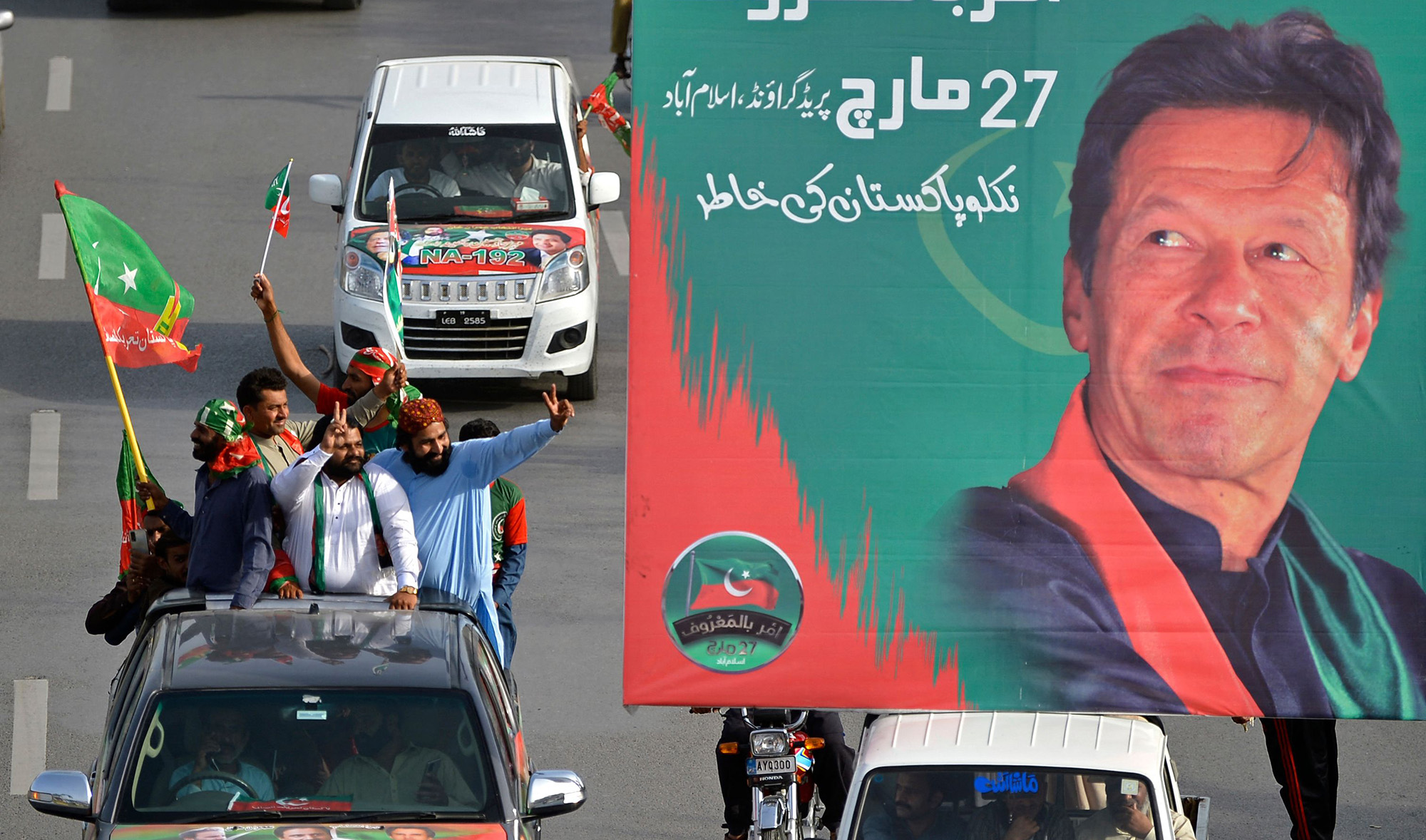
Activists and supporters of ruling Pakistan Tehreek-e-Insaf (PTI) party arrive to attend a rally next to a billboard with a picture of Pakistan's Prime Minister Imran Khan, in Islamabad on March 27, 2022. (AFP)
He said in the past, governments were changed in Pakistan with the help of people present inside the country.
PM Khan said when former Pakistan premier Zulfiqar Ali Bhutto tried to give an independent foreign policy to the country, Nawaz Sharif and Maulana Fazlur Rehman's parties ran a campaign against him and created circumstances similar to today's, which resulted in Bhutto's execution.
"Today it is not the time of Zulfiqar Ali Bhutto. The times have changed," he said. "You only cross the river once."
PM Khan claimed to be in possession of a letter that proved the involvement of a foreign hand in efforts to topple his government.
“The letter I have is proof and anyone who doubts it, I will show it to them off the record,” he said.
“We have to decide for how long we will have to live like this. We are getting threats. There are many things about foreign conspiracy which will be shared very soon,” he said.
He said he could not go into the details because he had to protect the interest of the country. “I could have told you about it. I do not fear anyone but I care about Pakistan's interest.”
The prime minister also urged party dissidents not to vote against him in parliament. “Please don’t do this. The nation won’t forgive you,” he said.
He, however, did not talk about the government’s coalition partners, who have shown a tilt towards the opposition alliance.
PM Khan also criticized opposition leaders for their alleged corruption and poor governance during their time in power.
“Come what may, I will not forgive them even if my government goes or even if I lose my life,” he added.
Political analysts, however, believe Khan has a “very slim” chance of surviving the no-trust vote as a large number of his party lawmakers have already defected and his coalition partners were still reluctant to announce their support for him.
“The prime minister has sensed his ouster from power and that’s why he is addressing rallies to muster public support for next general elections,” Owais Tohid, a political analyst, told Arab News.
He said the no-trust vote was a “game of nerves” and was expected to go right down to the wire.
“The prime minister can survive only if he succeeds in winning back his coalition partners,” he said. “This public gathering in Islamabad is going to be a power show, but it has less to do with the no-trust vote for which the prime minister needs numbers in the parliament,” Tohid added.



